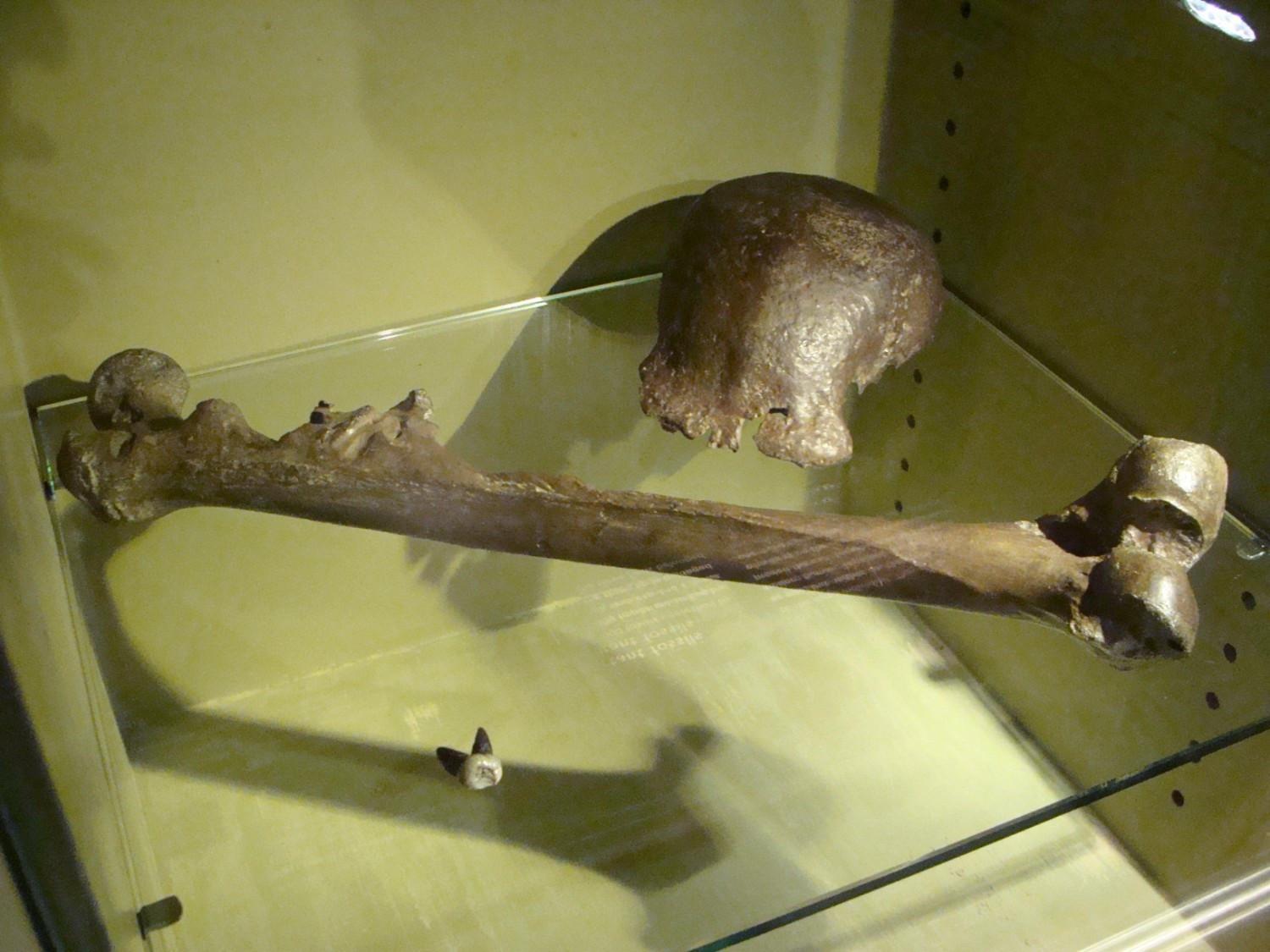
The Netherlands pledged on Sept. 26 to return to Indonesia the remains of "Java Man," the first-ever "Homo Erectus" unearthed by modern scientists in a landmark discovery for human evolution.
The Dutch plan to hand back some 28,000 fossils of the "Dubois Collection" looted by anatomist and geologist Eugene Dubois in 1891, when Indonesia was still a colony of the Netherlands.
They include Java Man's skull cap, molar and femur that form part of evolutionary history, providing the first established link between apes and humans.
Using convict labor to do the heavy lifting, Dubois excavated the remains in what became the most sensational ever find in fossil hunting.
The discovery enabled scientists to reconstruct "Homo Erectus" or "upright human," who lived from around 1.9 million years ago to about 150,000 years ago.
The find also sparked fierce controversy, partly because it challenged the idea that human civilization only emerged in Europe and Africa.
The Dutch Independent Colonial Collections Committee recommended that the historic pieces be returned to Indonesia, as they were taken without permission.
"The circumstances under which the fossils were obtained make it likely that they were taken away against the will of the population," said the Dutch culture ministry in a statement.
"Fossils were of spiritual and economic significance to the local population," added the ministry.